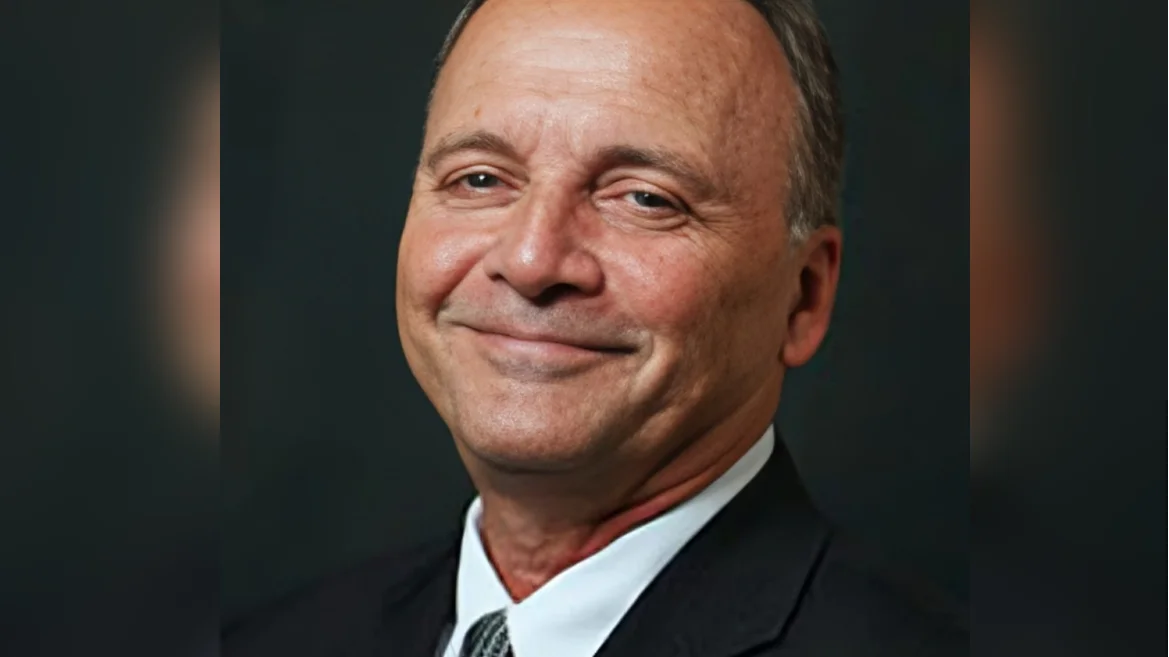
Governor Phil Murphy's fiscal year 2026 budget proposal has sparked mixed reactions and raised concerns over various aspects of the plan. During a recent Assembly Budget Committee hearing, Christopher Emigholz, Chief Government Affairs Officer for the New Jersey Business & Industry Association (NJBIA), highlighted several contradictions within the proposed budget.
Emigholz criticized what he described as "schizophrenic budgeting," pointing out inconsistencies in planning. He expressed concern about new taxes exceeding $1.2 billion while acknowledging that New Jersey already has high property, corporate, income, and sales taxes.
A notable point of contention is the investment in manufacturing and innovation. Emigholz welcomed a new tax credit proposal aimed at attracting manufacturers to New Jersey but questioned cuts to programs like the New Jersey Manufacturing Extension Program and the Manufacturing Voucher Program. He stated that restoring funding for these programs would complement the proposed tax credit.
In terms of affordable housing, NJBIA supports regulatory reforms to facilitate more housing development but opposes increased taxes on high-end housing transactions. Emigholz argued that such tax hikes could negatively impact the housing market.
The FY26 budget also proposes higher taxes on emerging industries such as sports betting and cannabis. Emigholz warned against taxing fledgling industries heavily, as it might hinder their growth and competitiveness.
Affordability remains a significant concern. Despite bipartisan calls for affordability and Governor Murphy's previous campaign pledge against new taxes, Emigholz noted last year's $1 billion tax increase on major job creators and this year's additional $1.2 billion in new taxes.
The Debt Defeasance and Prevention Fund was established four years ago to manage state debt effectively. However, according to Emigholz, recent budgets have diverted funds from this purpose to balance budgets instead of addressing debt obligations.
Higher education funding cuts have also drawn criticism. A proposed $20 million reduction in aid to community colleges was discussed during committee hearings, with testimonies highlighting its potential impact on economic growth and workforce development. Emigholz emphasized that higher education should be prioritized in alignment with Murphy's "Stronger and Fairer" goals.
Overall, NJBIA calls for reconsideration of various elements within the FY26 budget proposal to align with broader economic goals without imposing excessive financial burdens on residents or businesses.